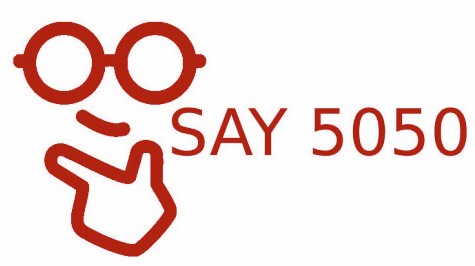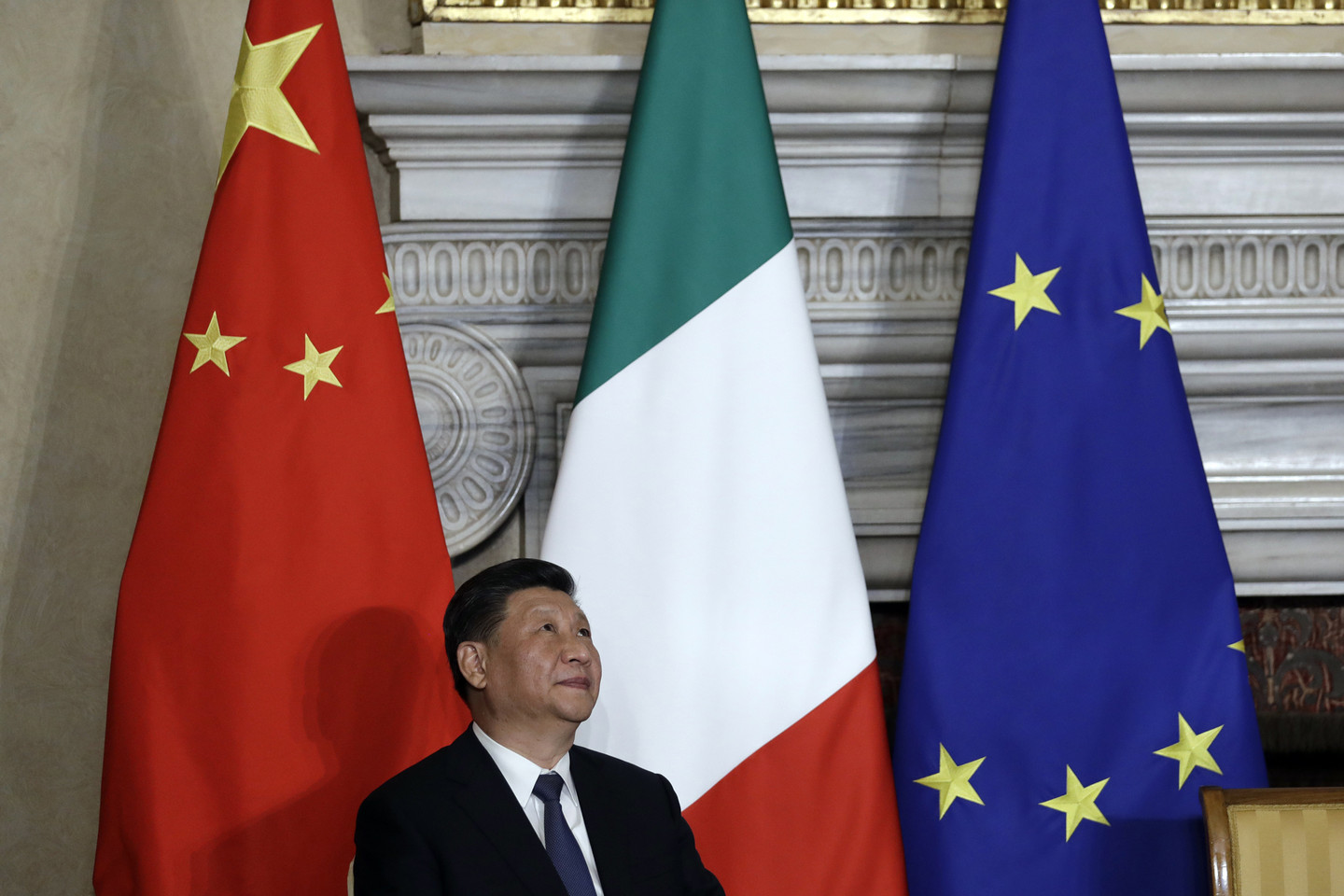China’s Foreign Minister, Wang Yi, has firmly rejected NATO’s accusations that Beijing is aiding Russia in its conflict with Ukraine. He also warned the Western alliance against provoking further confrontation.
Mr. Wang’s comments, made during a call with the Dutch Foreign Minister, came shortly after NATO leaders gathered in Washington DC and issued a declaration accusing China of significantly supporting Russia’s defense efforts. They described China as a “decisive enabler” of Russia through its substantial support for Russia’s defense industry and urged Beijing to cease all material and political support to Russia, including dual-use items.
Western nations have previously accused China of supplying drone and missile technology and satellite imagery to Russia. The US estimates that approximately 70% of the machine tools and 90% of the microelectronics imported by Russia now come from China. Additionally, Beijing was accused of engaging in “malicious cyber and hybrid activities, including disinformation” targeting NATO states.
During a press conference, US President Joe Biden mentioned discussions with other leaders about the potential consequences for China if it continues to support Russia. He warned that if China supplies Russia with information and capacity, it could face economic repercussions, including reduced investments from European nations.
President Biden noted that NATO states are exploring a new policy to transform the West into an “industrial base” for munitions and to develop new weapons systems.
In response, Mr. Wang reiterated that China “absolutely does not accept” these accusations and emphasized that China has “always been a force for peace and stability.” He criticized NATO for inciting confrontation with China and called for the alliance to “stay within its bounds.”
This statement is part of a series of strong reactions from Beijing. Earlier, a Chinese foreign ministry spokesperson accused NATO of spreading “fabricated disinformation,” and Beijing’s mission to the EU urged the alliance to “stop hyping up the so-called China threat.”
China has consistently denied aiding Russia in the war and insists it remains neutral. It has called for an end to the conflict and proposed a peace plan, which Ukraine has rejected. Despite these claims, analysts point out that Beijing’s significant purchases of Russian oil and gas have helped stabilize Russia’s economy, which has been weakened by sanctions and war expenses.
China’s official stance on the conflict often aligns with Russia’s. Like Moscow, China avoids labeling the conflict as a war. President Xi Jinping maintains a close relationship with Russian President Vladimir Putin, with both leaders declaring their partnership as having “no limits.”
Beijing has accused the US and other Western countries of exacerbating the conflict by supplying Ukraine with lethal weapons and technology. Recently, some countries have allowed Ukraine to use their weapons to target locations within Russia.
During NATO’s three-day summit, which concluded on Thursday, the alliance reaffirmed its commitment to Ukraine, stating support for Ukraine’s “irreversible path” to future membership. NATO also announced further integration with Ukraine’s military and pledged at least €40 billion ($43.3 billion) in aid over the next year, including F-16 fighter jets and air defense support.



